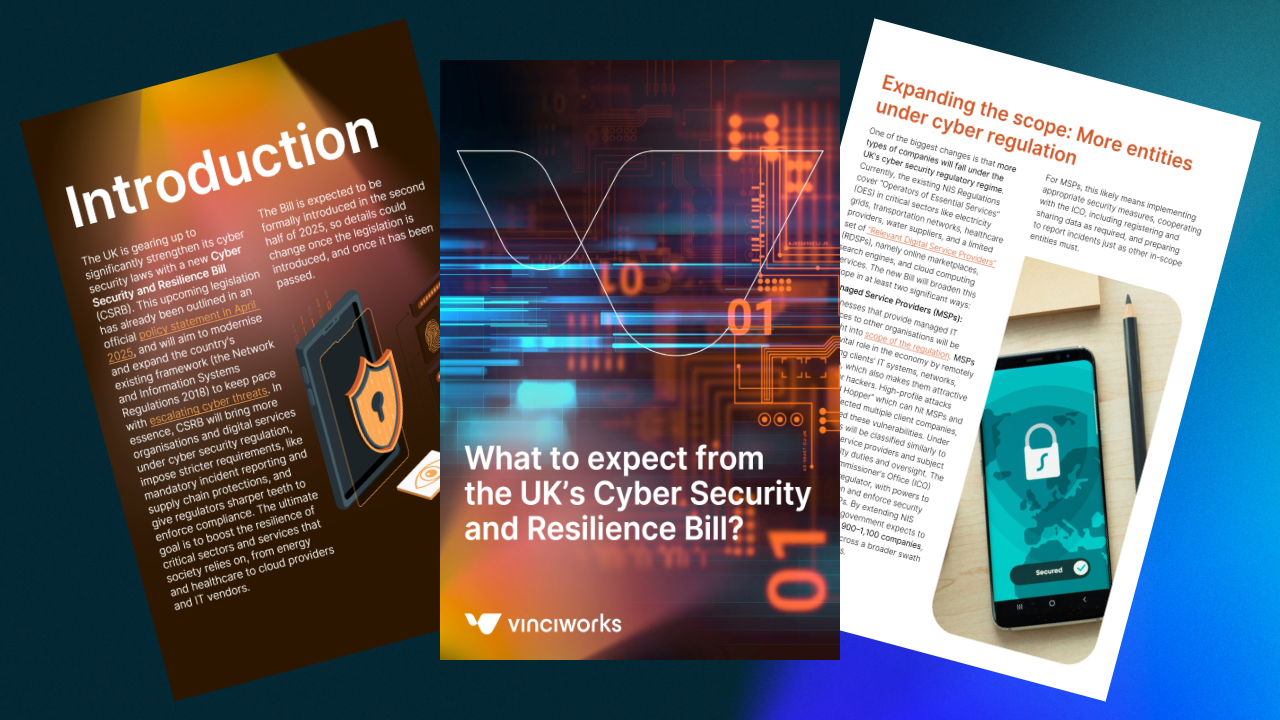Home working is becoming more and more popular, as technology makes it more feasible and more employers become convinced of the benefits of flexible working. Many employers find that allowing home working can increase employee retention, widen the pool of potential applicants (particularly among those with physical disabilities), and provide financial benefits by allowing companies to operate from small or remote premises.
Many employers report improved performance from home workers. Not only are they free from a commute and the distractions of an office, they are often motivated to improve their productivity. According to a study conducted by the University of Illinois, “telecommuters want to be seen as ‘good citizens’ of the company in order to justify their flexible work arrangements.”
However, it is essential to keep in mind that you are responsible for the health, safety and welfare of your home workers, even though they are not working from your premises. You have an obligation to carry out a Health & Safety Risk Assessment on the home worker’s premises, and to ensure that any requirements of your Employers’ Liability Insurance are met.
Employers must also:
- ensure that the equipment the home worker uses is fit for purpose
- test, certify and maintain any electrical equipment you provide (such as a company laptop)
- ensure that lighting levels and computer glare are at appropriate levels – and don’t forget that home workers are also entitled to an eye test paid for by their employer
- reduce the risk of trips and falls by ensuring home workers tidy away loose cables
- provide adequate training to allow the employee to work safely
- create an emergency plan so that the alarm can be raised and medical attention sought without delay
- maintain appropriate records of serious accidents, illness or injuries.
It is also important to properly assess potential home workers to ensure that they don’t have a medical condition that would make it unsafe for them to work alone, and that they aren’t assigned tasks that should not be undertaken unaccompanied.
You can find more information on your health and safety obligations for homeworkers at the Health and Safety Executive (Homeworkers).












